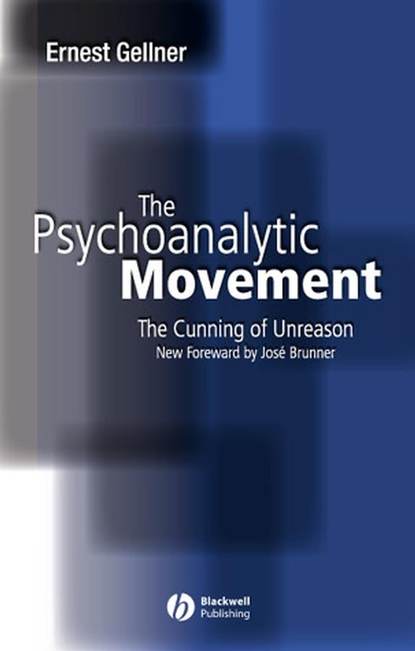
The Psychoanalytic Movement скачать fb2
Ernest Gellner - The Psychoanalytic Movement краткое содержание
The Psychoanalytic Movement explains how the language of psychoanalysis became the dominant way in which the middle classes of the industrialized West speak about their emotions. Explains how the language of psychoanalysis became the dominant way for the industrialized West to speak about emotion. Argues that although psychoanalysis offers an incisive picture of human nature, it provides untestable operational definitions and makes unsubstantiated claims concerning its therapeutic efficacy. Includes new foreword by Jose Brunner that expands on the central argument of the book and argues that Gellner and Freud might be seen as kindred spirits.
Чтобы оставить свою оценку и/или комментарий, Вам нужно войти под своей учетной записью или зарегистрироваться



